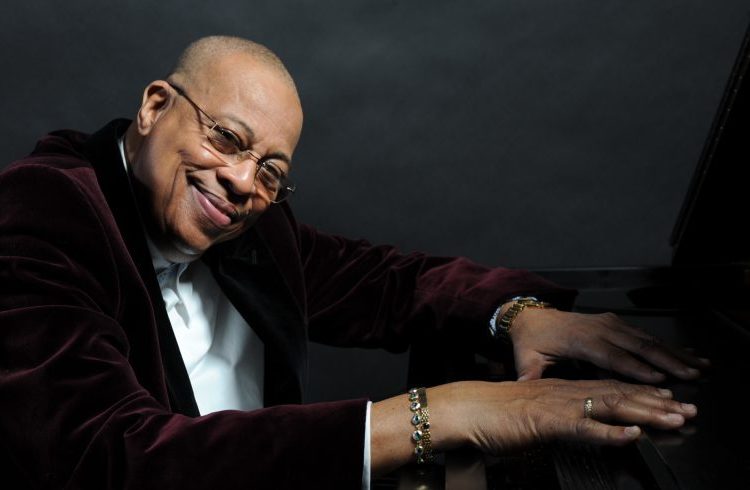Two great names of Cuban jazz from different generations, Chucho Valdés and Gonzalo Rubalcaba, cross their keyboards to give a four-hand and two-piano concert in San Cugat (Barcelona), where Chucho Valdés has arrived in top shape and full of projects, according to what he said in an interview with EFE news agency.
“I feel as if I were in a second adolescence,” jokes the 76-year-old maestro, who landed in San Cugat’s Teatre-Auditori with Rubalcaba, on a tour he is sharing with other many collaborations, like those he maintains with Arturo O’Farrill or the one that has led him to publish a record with Patricia Sosa.
Chucho Valdés has been playing the piano since he was three years old, influenced by his father, the very great Bebo Valdés, and he has devoted his entire life to the instrument, but he doesn’t get tired and is more active than ever, and always open to research in new fields and to new genres.
On this occasion, Chucho is sharing the stage with another important name of Latin jazz, who represents a newer generation, the one that is now in its 50s.
“I remember Rubalcaba from when he was starting, at that time I was his referent, but afterwards he has found his own road and that joins us,” said Valdés, who affirms that now the admiration is mutual and he is impressed by his stage partner’s “virtuosity and interpretative talent.”
The concert “will not be a piano duel,” he specifies, “but rather a noncompetitive dialogue, an exchange between two histories, two stages.”
The repertoire includes the two’s original pieces and versions of jazz greats, on a chronological tour through the history of piano.
There are also incursions into other genres, like classical music, a ground Chucho Valdés has touched on many occasions, like when he gave that historical recital together with Lang Lang and the National Symphony Orchestra in Havana’s Cathedral Square.
“There will be some Cuban classics and some classical classics, like Chopin, but in my way, I Africanize and jazz it,” he said.
Rubalcaba shares with Chucho Valdés the open view on jazz, the Cuban roots and the place of residence, since both live in Florida (the United States).
“I have residence in Florida, but I actually live on the plane,” affirms the pianist, who also has a home in Málaga and one in Cuba and considers himself a citizen of the world.
Regarding relations between Cuba and the United States, he prefers to not speak, but he recognizes that “what’s best for culture is that relations be good. This is like the tide,” he adds, “it rises and falls, it is cyclical.”
Valdés has already lived several tides and has been able to keep one foot in the United States and another in Cuba, a formula that, in his opinion, is the best, musically speaking.
“There’s a lot of work in the United States, the contracts come from there, even for Europe, so it’s good to live there; but Cuba is also very good, musical education is very good there, my children have been formed there and I have a granddaughter who is studying intermediate level violin and has really great professors,” he says.
In Cuba “there are incredible young musicians, but afterwards it’s necessary to move, music is like that,” he concludes.
In any case, the country that has recently impressed him the most has been Korea, where he played “in an open-air place, raining, and no one moved, everybody stayed listening, it was spectacular.”
The world is a nutshell for this artist, a man convinced that “music is capable of getting to where nothing else gets.”
The 76-year-old Chucho Valdés was the founder of the Irakere Group, a sort of big band that emerged in Havana in 1973 and which had in its ranks famous Cuban musicians like Arturo Sandoval and Paquito D’Rivera. In his career of more than half a century he has won six Grammy and three Latin Grammy awards.
Chucho has given master lectures in Banff University in Canada, the London Royal Academy of Music, Centers of Higher Studies of Los Angeles and San Francisco in the U.S. state of California. His most famous compositions include: “Misa Negra”, 1968; “Contradanza”(dedicated to María Cervantes), 1968; “Cien años de juventud” (danzón), 1979; “Las Margaritas,” 1981; “Crisol of Havana” with Roy Hargrove; “Latin Jazz” (won a Grammy Award in 1997); “Homenaje a Peruchín,” 1990; “Live at village vanguard” (won a Grammy in 2000).
In 2016 he was appointed Goodwill Ambassador of the UN Food and Agriculture Organization (FAO).
EFE / OnCuba










